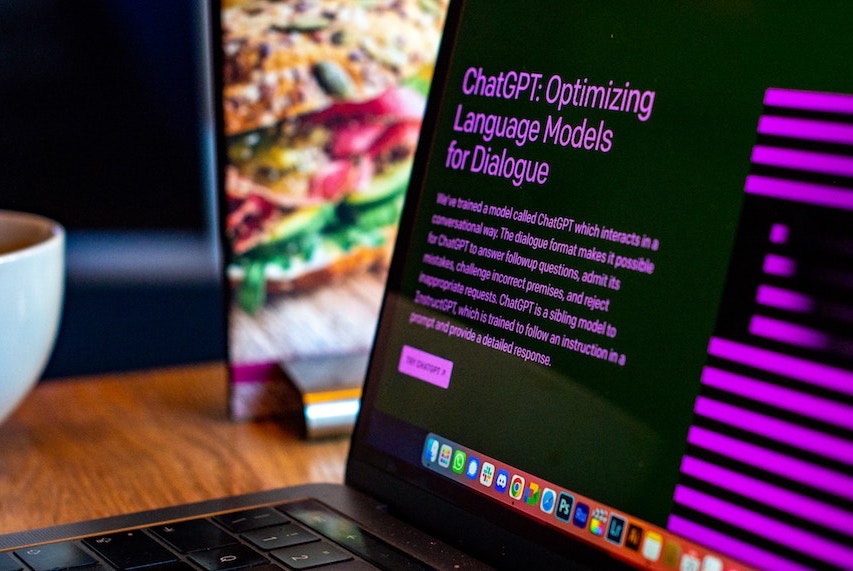Using AI in research
Generative AI, such as ChatGPT, can assist you in your research if used correctly. Follow the guidance below to use AI critically and ethically, and develop your research skills rather than undercut them.
The basics
- Generative AI refers to products such as ChatGPT, Google Gemini, and DALL-E. Each is based on an algorithm trained to search for patterns in a data set, and, when prompted, produce human-like content on the basis of those patterns.
- Information behind paywalls, including much academic literature, is not covered by generative AI datasets. As such, a rigorous search for sources still requires the use of traditional search engines and databases.
- Submitting AI-generated content as though it were your own work counts as contract cheating, and is not permitted. However, your school or department may allow you to use generative AI in certain contexts.
- Always check the guidance given to you by your school or faculty. If your school or faculty permits the use of AI services such as ChatGPT, you must declare this and cite it as a source. See Cite Them Right for guidance on citing generative AI.
What you need to know
Before using any AI, you should check the guidance given to you by your school or faculty.
In addition to this, there are various limitations of generative AI that you need to be aware of, and which should inform your usage of it:
- The data generative AI is trained on is sourced from the internet. This means that any social, political, or regional biases present in the latter can be reflected in the outputs.
- Some generative AI products, such as Bard, are trained on up-to-date information, while others, such as ChatGPT, are not.
- All generative AI products are known to hallucinate information and sources. This means that the AI generates an output which fits the pattern of words in your prompt, but contains false information. For this reason you should always fact-check information against reputable sources. This is also why you should never ask generative AI to devise a list of sources for you.
- AI products are only trained on information that is freely available online. This means that material behind paywalls, including many academic sources, need to be accessed through traditional search engines and databases.
- Most importantly, AI can't think for you. While it can help you develop ideas and source information, AI can only ever be a research tool, never a research supervisor.
 Using AI at university
Using AI at university
This new online resource looks at:
- when you can use generative AIs (including ChatGTP and Claude)
- how to write good prompts to help you study
- using AI as a tutor
- the grey areas around academic integrity
Find out more
 Cite Them Right
Cite Them Right
Cite Them Right contains advice on citing many different types of sources, including books, journal articles, and AI such as ChatGPT.
 Academic integrity
Academic integrity
Click here for further information on the university's academic integrity and contract cheating policy.
 Subject Librarians
Subject Librarians
For further help with using AI in your research please contact your subject librarian, who you can find listed by subject here.